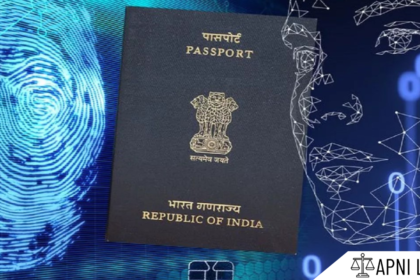Supreme Court of India Declares Private Settlements Ineligible for Court Fee Refund
The Supreme Court of India ruled that litigants who settle disputes privately, without using Alternative Dispute Resolution (ADR) mechanisms, cannot claim a refund of court fees. The bench, comprising Justices Pankaj Mithal and Ahsanuddin Amanullah, upheld a High Court decision that denied a petitioner’s request for a refund.
Case Background
The petitioner had paid court fees at multiple levels, trial court, first appeal, and second appeal. However, after an amicable settlement outside the court, they sought a refund. The High Court rejected the request, stating that refunds are only allowed if the dispute is settled through ADR methods like arbitration, conciliation, judicial settlement, Lok Adalat, or mediation.
Supreme Court’s Ruling
The Supreme Court affirmed the High Court’s stance. The judges emphasized that since the case was resolved privately and not through an ADR forum. The petitioner had no legal right to a refund.
“In the case at hand, the settlement in terms of which the second appeal was decided by the High Court is not in reference to any of the above authorities/fora; rather, it was an amicable settlement out of the court,” the bench noted.
The Court clarified that refunds apply only when a case is referred to ADR and resolved accordingly. It rejected the argument that private settlements should be treated the same as ADR-based resolutions.
Key Takeaways from the Judgment
Litigants who resolve disputes outside of court without ADR cannot claim a refund.
Court fee refunds are permitted only if the dispute is settled through arbitration, conciliation, mediation, judicial settlement, or Lok Adalat.
The Supreme Court upheld the High Court’s decision, confirming no legal error in denying the refund request.
This ruling reinforces the importance of formal ADR mechanisms in dispute resolution. It also discourages private settlements from bypassing court procedures while seeking financial relief.











